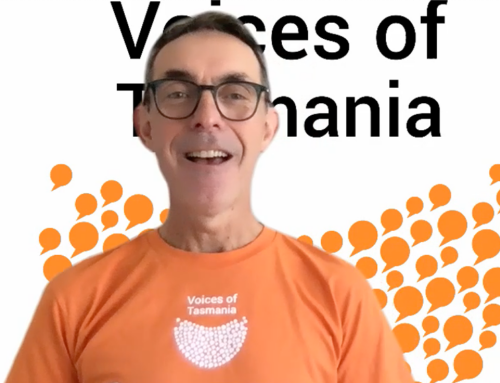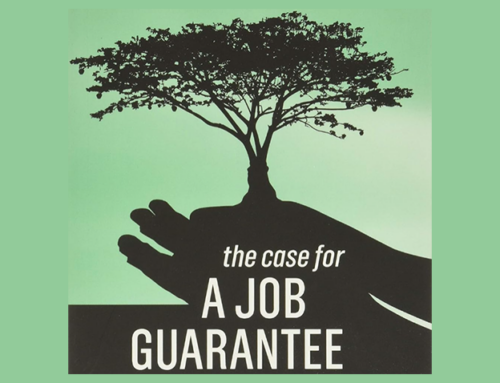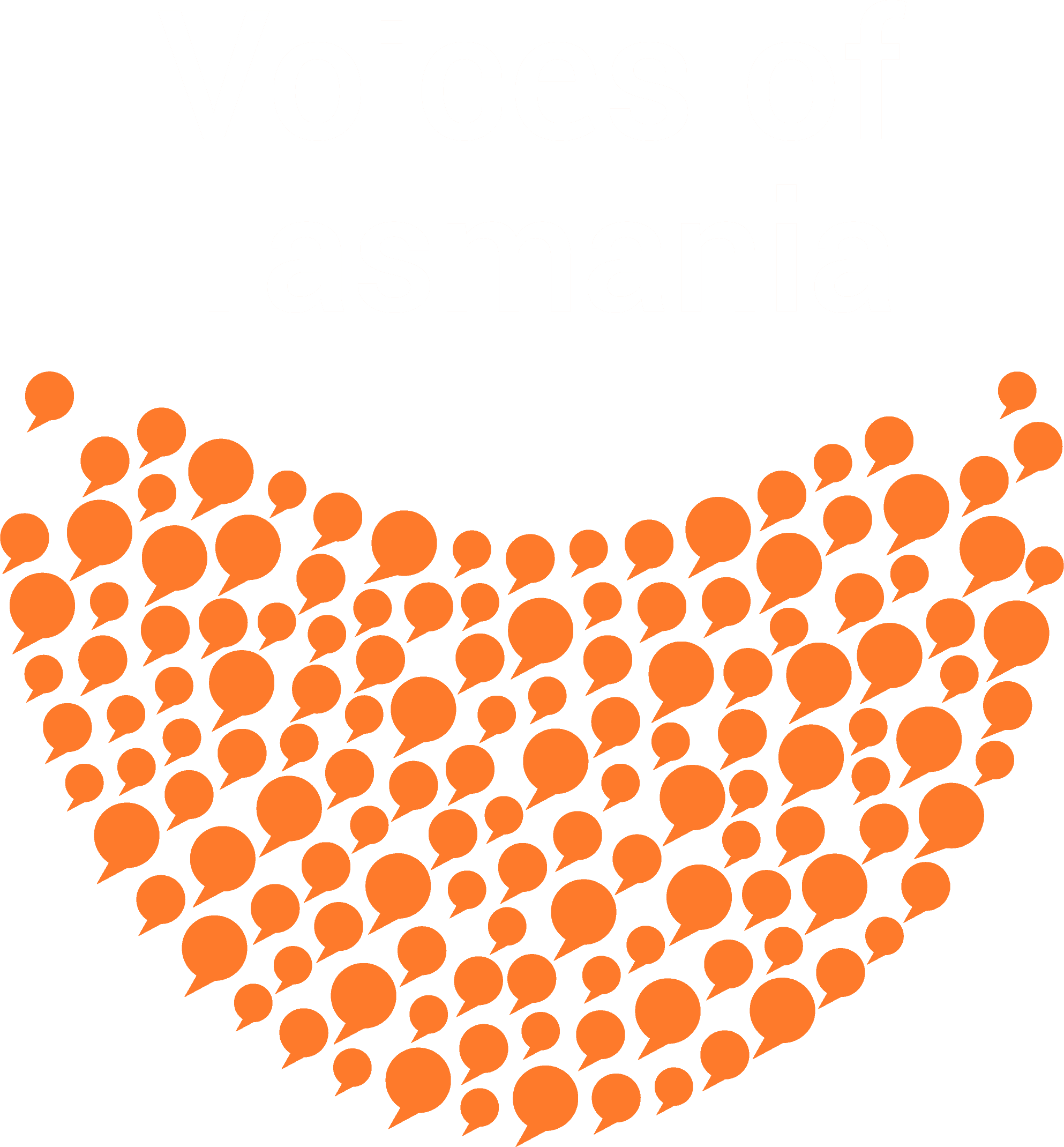In today’s rapidly changing world, it is more important than ever to engage young voters in the political process. In Tasmania, building a grassroots movement that resonates with younger generations can help to create a more inclusive and representative political landscape. In this blog post, we’ll explore the need to engage young voters in Tasmania to foster political change, prevent power consolidation in older generations, and ultimately create a brighter future for all Tasmanians.
- Harnessing the Power of Youth
Young people are often underrepresented in political decision-making, leading to a lack of policies that address their unique needs and concerns. By engaging young voters in Tasmania’s grassroots movement, we can ensure that their voices are heard and that their interests are represented in the political process. The energy, passion, and creativity of young people can be harnessed to drive innovative solutions to Tasmania’s challenges, creating a more dynamic and forward-thinking political environment.
- Challenging the Status Quo
Engaging young voters in Tasmania’s political landscape can help to challenge the status quo and disrupt the power consolidation that has occurred among older generations. As young people become more involved in the political process, they bring fresh ideas and perspectives that can help to break down entrenched power structures and create a more equitable distribution of influence. This can lead to more responsive and effective governance, as well as a greater sense of trust and accountability within Tasmania’s political institutions.
- Building a Sustainable Future
Engaging young voters in the political process is essential for building a sustainable future for Tasmania. As the custodians of tomorrow, young people have a vested interest in ensuring that policies and decisions made today do not compromise their future prospects. By involving young voters in the decision-making process, we can create a political environment that is focused on long-term solutions, rather than short-term gains.
- Fostering Civic Education and Participation
Engaging young voters in Tasmania’s grassroots movement can also contribute to a more informed and active citizenry. By encouraging young people to participate in the political process, we can help to foster a culture of civic education and responsibility. This can lead to a more vibrant and engaged electorate, as well as a greater sense of pride and ownership in the democratic process.
Conclusion
The need to engage young voters in Tasmania’s political landscape is clear. By involving younger generations in the decision-making process, we can help to build a grassroots movement that fosters political change, challenges power consolidation, and creates a more sustainable and inclusive future for all Tasmanians. It is crucial that we invest in the potential of our youth, as they have the power to reshape the political landscape for the better and ensure that the needs and concerns of all citizens are represented in the halls of power.








